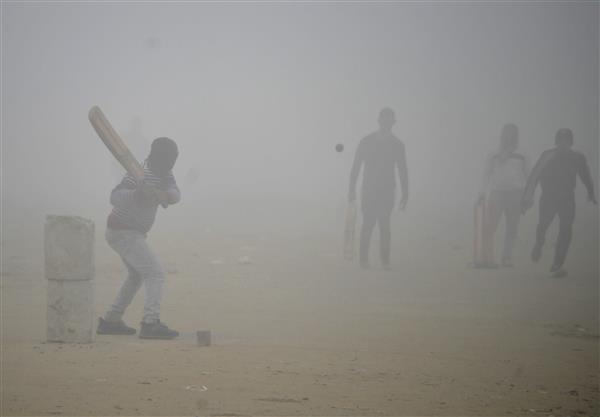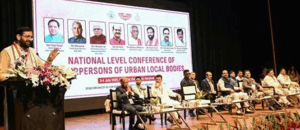New Delhi, January 9
Biting cold coupled with dense fog conditions prevailed over northwest India on Monday morning.
Low visibility was experienced in several parts of the region — especially in Punjab, Haryana and New Delhi.
Punjab’s Bathinda recorded zero visibility on Monday morning. While several locations in Haryana and New Delhi, one could see up to 25 metres.
“Due to prevailing fog condition over northwest India and adjoining east India, necessary action are required to be taken by the concerned stakeholders,” said IMD officials
Delhi saw cold wave conditions for the fifth consecutive day on Monday even as very dense fog lowered visibility to just 25 metres, hitting road, rail and air traffic movement, officials said.
The visibility levels dropped to 25 metres at the Palam observatory, near the IGI Airport, and the Safdarjung observatory, Delhi’s primary weather station, an official of the India Meteorological Department (IMD) said.
Around 29 trains have been delayed by two to five hours due to foggy weather, a railway official said.
Around 15 flights were delayed and one flight was diverted due to bad weather, officials at the Indira Gandhi International Airport said.
Satellite images showed a fog layer extending from Punjab and adjoining northwest Rajasthan to Bihar across Haryana, Delhi and Uttar Pradesh.
Cold wave conditions persisted in the capital for the fifth day on the trot though minimum temperatures rose marginally.
The Safdarjung observatory logged a minimum temperature of 3.8 degrees Celsius as against 1.9 degrees on Sunday.
The weather stations at Lodhi Road, Ayanagar and Ridge recorded a minimum temperature of 3.6 degrees, 3.2 degrees and 3.3 degrees.













